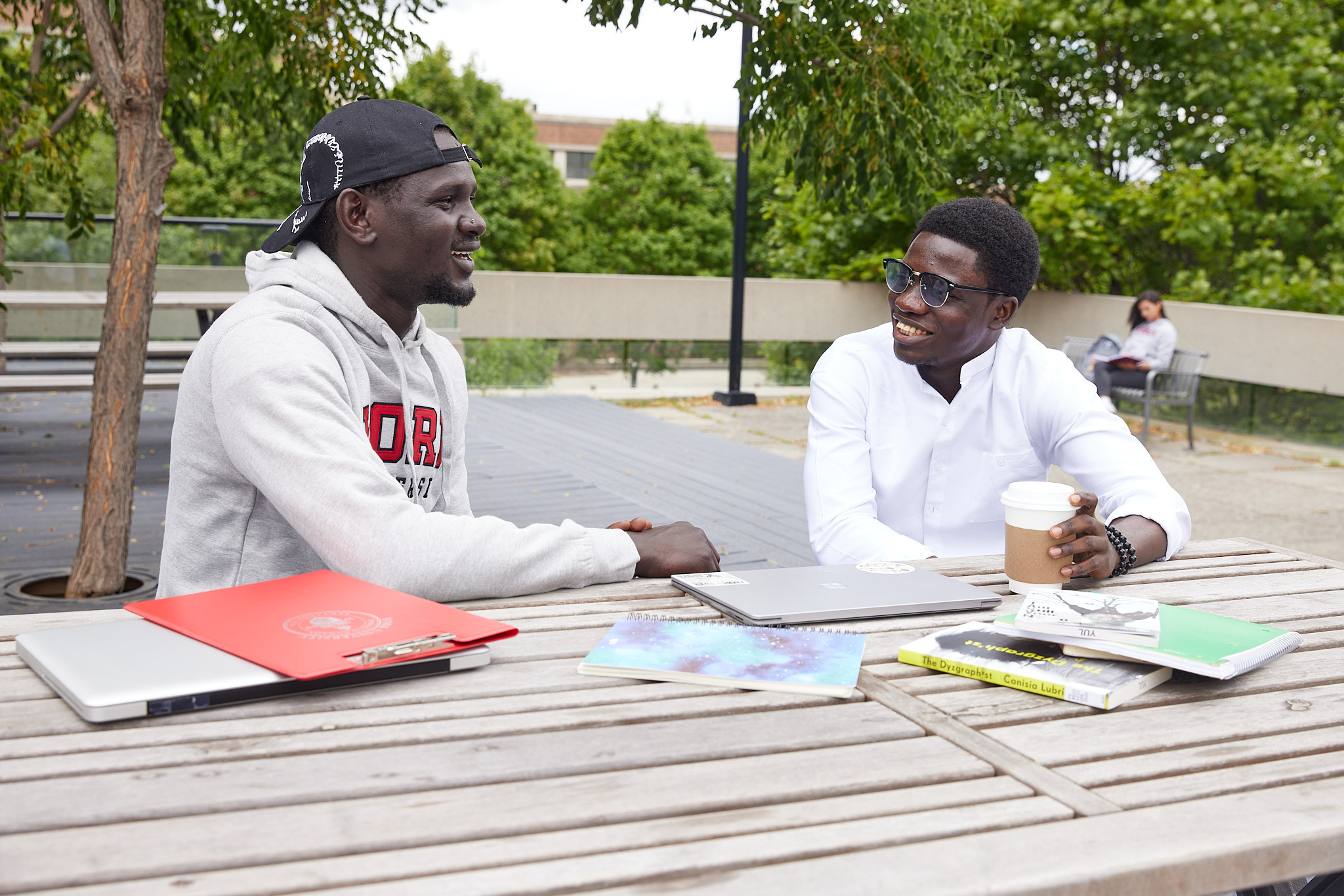About the Program
Our work will explore how in Canada racialized peoples are working to access the necessary opportunities to realize their career ambitions. While there is not an insignificant body of research on the questions of social mobility and social capital in the United States, this work lacks precedent in Canada. Our work will include the first ever longitudinal survey to establish how social capital might be acquired and utilized towards the realization of racialized individuals' ambitions.
By establishing for the first time a baseline study to understand how social capital is defined, attained, and maintained by racialized people in Canada over the funding period of 3 years, organizations, and institutional bodies (government etc.) would be better able to put in place programs that could address and enable racialized-particularly Black Canadians'-ambitions. These initial findings can be used to inform policy and action plans towards systems change that is centred on the lived experiences and needs of racialized peoples in the Canadian context. Beyond the three-year funding period, we anticipate that the findings will be used as the foundation for future research on social capital, social mobility and how it operates and is accessed by racialized peoples in achieving their ambitions in Canada. To this end, future supports can be tailored to the needs of racialized Canadians based on their experiences.

York University has received a $750,000 USD donation from Walmart Foundation for the ground-breaking research in Social Capital and Mobility project lead by Professor Carl James the Jean Augustine Chair in Education, Community and Diaspora.

Primary Objectives
The primary objective of this research program is to explore the experiences of racialized peoples and the effectiveness of social mobility supports and assess social capital in a race conscious way in Canada. We will do so by gathering a significant set of longitudinal data points from two program partners: the Coalition of Innovation Leaders Against Racism (CILAR) and York University's School of Continuing Studies, over a three-year period, and we will use data obtained from surveys, focus groups and interviews to help inform Canadian policy and practice on a national level.
Our goal is for government and organizations to use the data to not only respond to the needs and issues of racialized peoples but also inform future supports that are culturally relevant and address systemic barriers to social mobility.
In doing so the research seeks to:
- Define social capital in a race-conscious way, explore what it looks like and how it is utilized by racialized peoples in Canada.
- Document, illustrate and understand the complex social and economic conditions racialized peoples are faced with in realizing their ambitions, when taking into account identity characteristics.
- Better understand the conditions racialized peoples are navigating to achieve their ambitions Support and partner with organizations to better understand the needs, interests, and issues of their target groups (racialized peoples, in particular Black Canadians).
- Provide opportunities for data sharing and racialized groups to form their advocacy for programs that would address their needs and systematic change.

